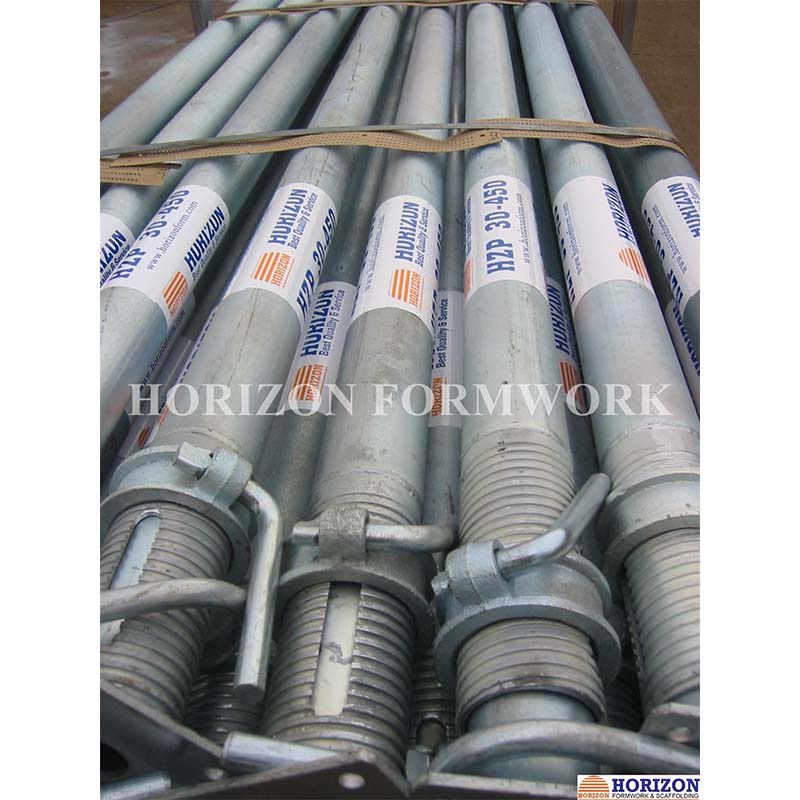Agosti . 12, 2024 04:12 Back to list
Innovative Solutions for Durable Reusable Concrete Formwork in Construction Industry Projects
The Rise of OEM Reusable Concrete Formwork A Sustainable Solution for the Construction Industry
In the ever-evolving construction industry, sustainability is no longer a mere trend but a necessity. As companies strive to minimize their environmental impact and improve operational efficiency, the focus on reusable formwork systems has gained traction. Original Equipment Manufacturers (OEMs) are at the forefront of this transformation, providing innovative solutions that enhance the durability and reusability of concrete formwork.
Understanding Reusable Concrete Formwork
Concrete formwork serves as a mold that holds fresh concrete in place until it cures and gains sufficient strength. Traditionally, this has often involved single-use materials that contribute to construction waste and escalating costs. Reusable concrete formwork, however, is designed for multiple uses, thus significantly reducing the amount of waste produced on construction sites. By reusing formwork systems, contractors can minimize material consumption while maintaining high construction standards.
The Role of OEMs
Original Equipment Manufacturers play a critical role in the development and distribution of reusable concrete formwork systems. They are responsible for designing formwork that is not only durable and adaptable but also cost-effective for construction companies. OEMs invest in research and development to create lightweight, modular systems that can be easily assembled and disassembled, which streamlines the construction process.
One of the significant advantages of OEM reusable formwork is that it can accommodate various shapes and sizes of structures, thanks to innovative designs and materials. Advanced composites and engineered wood products are often used to improve strength without adding unnecessary weight. This versatility is a game-changer for modern architecture, allowing builders to explore creative designs without being limited by conventional formwork constraints.
Environmental Benefits
oem reusable concrete formwork

The environmental benefits of using OEM reusable concrete formwork are substantial. Reducing waste is critical in an industry that is a major contributor to landfills. According to studies, conventional formwork contributes significantly to construction waste, with much of it being discarded after a single use. Reusable systems drastically cut down on this waste. Moreover, by minimizing the need for new materials, reusable formwork reduces the carbon footprint associated with manufacturing and transporting raw materials.
Additionally, the durability of OEM products means they require less frequent replacement, leading to longer lifecycle costs and savings. Over time, these savings can be redirected toward further innovation or improved project outcomes, promoting a cycle of sustainability within the industry.
Case Studies and Success Stories
Numerous construction projects globally have successfully implemented OEM reusable concrete formwork. Notably, skyscrapers and large commercial buildings that require significant amounts of concrete can efficiently utilize reusable formwork systems. Companies that have adopted these technologies report not only cost savings but also improved project timelines, as formwork installation and removal become more efficient.
For example, a leading construction firm recently completed a high-rise project using reusable formwork from an OEM. The project reported a 30% reduction in materials waste and a 20% decrease in labor costs associated with formwork handling. Such success stories underscore the potential that OEM reusable concrete formwork has to transform the industry.
Conclusion
In conclusion, OEM reusable concrete formwork stands as a pivotal innovation in the drive for sustainable construction practices. By emphasizing reusability and adaptability, these systems address critical environmental concerns while providing economic benefits to construction companies. As the industry continues to evolve, the adoption of such technologies will likely become standard practice, paving the way for a more sustainable, efficient, and innovative future in construction. The future of construction is not just about building structures but also about building a sustainable world.
-
Ringlock Scaffolding: Strong, Safe & Efficient Solutions
NewsAug.27,2025
-
OEM Column Formwork: Circular, Curved & Inclined Solutions
NewsAug.26,2025
-
Premium Scaffolding Jacks: Stable, Adjustable & Durable
NewsAug.25,2025
-
OEM Wall Formwork & Shuttering: Flexible & Curved Solutions
NewsAug.24,2025
-
Adjustable Heavy Duty Props for Slab Formwork | Strong & Reliable Support
NewsAug.23,2025
-
Adjustable Heavy Duty Props for Slab Formwork - Strong & Safe Support
NewsAug.22,2025